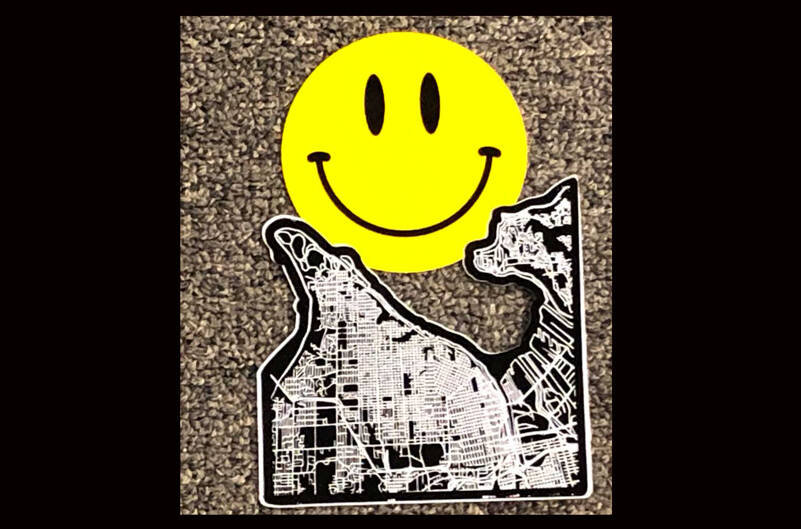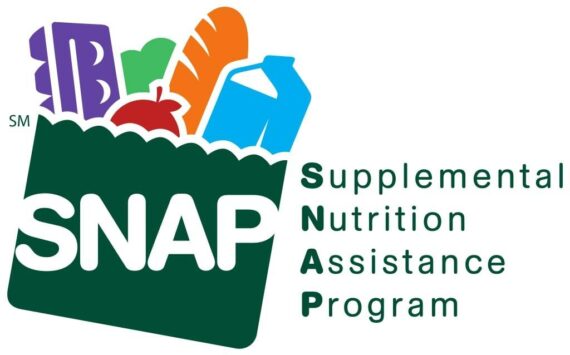By Morf Morford
Tacoma Daily Index
“It takes a village to raise a child” is one of those statements that comes from the wisdom of centuries, if not millennia, of uncompromising lived experience. Several years ago that simple proverb became a hot-button issue across our always volatile political landscape. But taken simply and literally it is a principle that is ancient and futuristic, idealistic and immediate, practical and abstract.
The premise is simple; little, if anything, gets done if people don’t join together, often at the expense of their own agendas, and work together for the common good.
And like every statement of resonant truth that stands true across centuries, if not millennia, this principle holds true no matter where we put it.
We could be talking about putting a family meal together, fixing neighborhood potholes, reducing crime, putting attractive housing within reach of almost everyone, creating good public schools, establishing and maintaining a fair and productive economy or even, the practical, close to original meaning of raising respectful, helpful and responsible children.
Children learn from those around them. They learn to care for and respect the rights and property of others. Or they learn disrespect and contempt for those around them.
But they learn from us.
And as every parent knows all too well, they are learning all the time.
And there are many “life lessons” – even many that were unintended – that they will never forget.
An individual has not started living until he can rise above the narrow confines of his individualistic concerns to the broader concerns of all humanity. – Martin Luther King, Jr.
It would be easy to make the argument that the “village” that is currently raising our children is a village that refuses to be a village.
The adult world swirling around too many of our children is a menagerie of voices clamoring for their own will, their own rights, their own agendas, many times at the expense of the larger community.
Potholes and a declining sense of community well-being are indicators of a society in trouble.
But even then, as our community’s “fever” rises, voices of division and self-interest become even louder.
And those ever-more fragile strands of community and trust become weaker and weaker.
Individuals take (and express) the brunt of the stress.
He that is good at making excuses is seldom good at anything else. – Benjamin Franklin
Around the world more and more individuals suffer from the all-too-predictable manifestations of stress and anxiety.
Consider these typical male responses to stress and depression; under sustained pressure men can become irritable and aggressive, work compulsively, isolate themselves from friends and family, drink more than normal, and engage in high risk activities.
Does that sound like anyone you know?
Or does it sound like just another day in too many of our neighborhoods?
In short, for too many of us, nothing is enough or good enough.
In other words, many of us are acting like (chronologically) old toddlers; we strike out, or blame or make excuses when we don’t get what we want or find the pressures of “adulting” too difficult.
Somehow we are not raising our children to be as resilient and resourceful as they need to be – as children, or even more importantly, as functional, even productive adults.
Far too many of our children have “too much” – too many toys, too many distractions and too many activities and “never enough” independence, time for reflection, encounters with nature and unscheduled/unstructured time with caring adults.
Due to the many unforeseen difficulties the past few years, an influential panel of experts says all kids ages eight to 18 should be screened regularly for anxiety. https://www.uspreventiveservicestaskforce.org/uspstf/draft-recommendation/screening-anxiety-children-adolescents.
In a recent study, more than a third of high school students surveyed in the United States experienced stress, anxiety or depression, and nearly a fifth said they seriously considered suicide during the COVID-19 pandemic. https://www.aol.com/lifestyle/depression-suicidal-thoughts-prevalent-high-173633728-175430808.html?.
Maybe these past few difficult years have taught us what should have been obvious all along – each one of us is necessary, everyone of us is fragile in some way, and each one of us holds, or knows something that we all need.
Children, and more than a few adults, could use some reminders of the consequences of their words and actions.
Accountability, from the highest office in the land, to corporate offices to the local kindergarten class, would make the lives of all of us a bit easier.
Avoiding responsibility and accountability, is, to put it mildly, not a good set of habits to acquire.
Accepting responsibility feels good and builds the much-needed “muscles” of citizenship.
Consequences, accountability and a bit of compassion toward each other in these incomprehensibly challenging times would be tangible reminders of who we are and where we are going.
We need those voices and hands of every age and background and belief.
Those people we may disagree with when it comes to politics, or sports or religion or anything else we can think about, are still our neighbors, and they too, whatever they may believe or care about, are struggling to make sense of the changes and challenges that seem to confront us and, for some of us, seem to threaten to turn our way of life into something else.
But no family or community stays the same.
Our children need to learn, more than anything else, that they belong and are needed.
“United we stand” has never been more true.
Or necessary.





